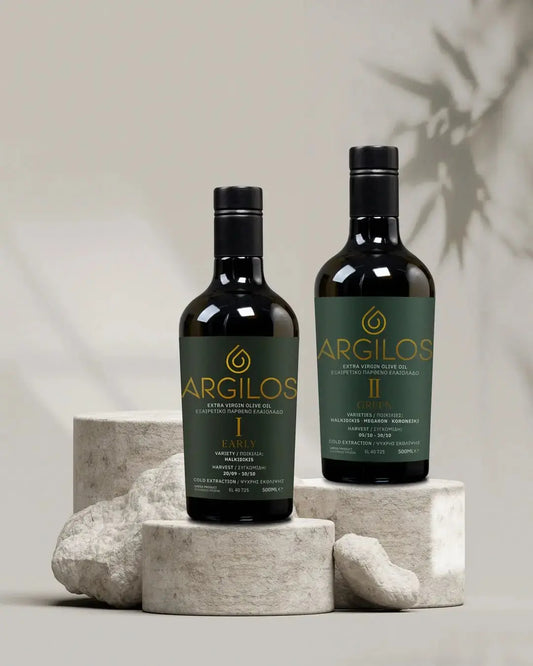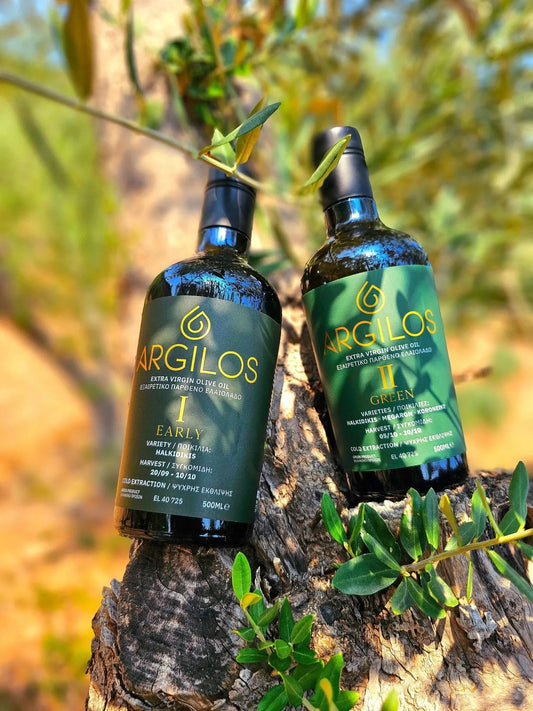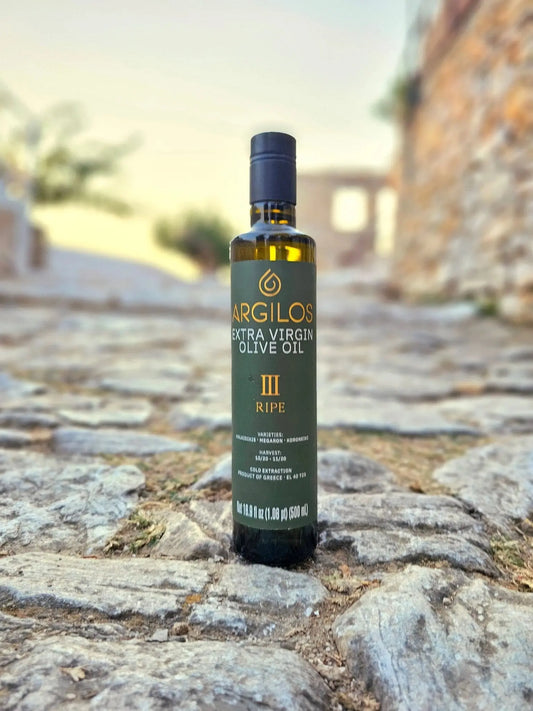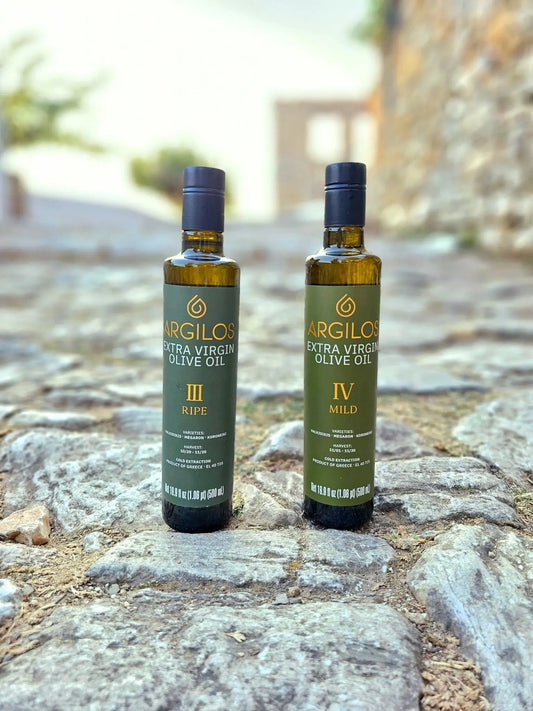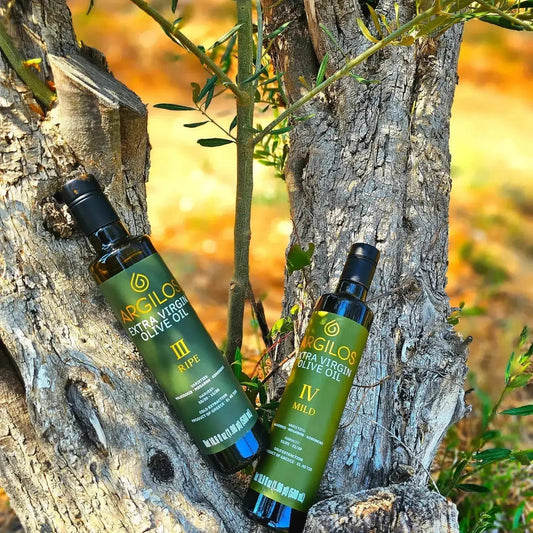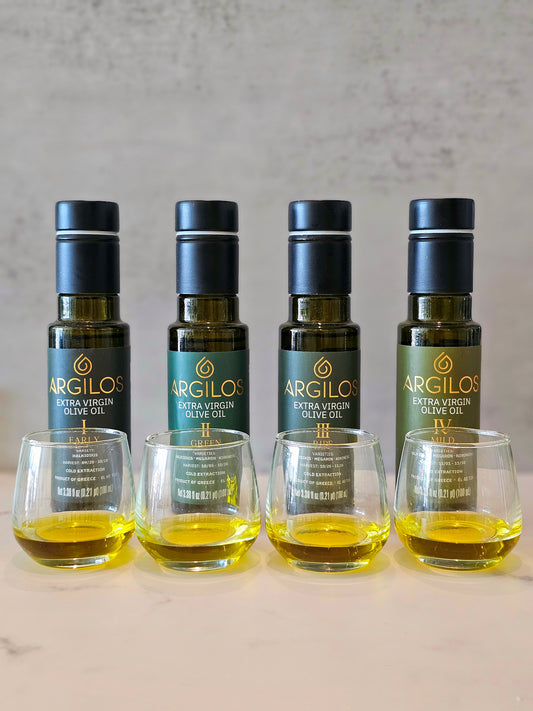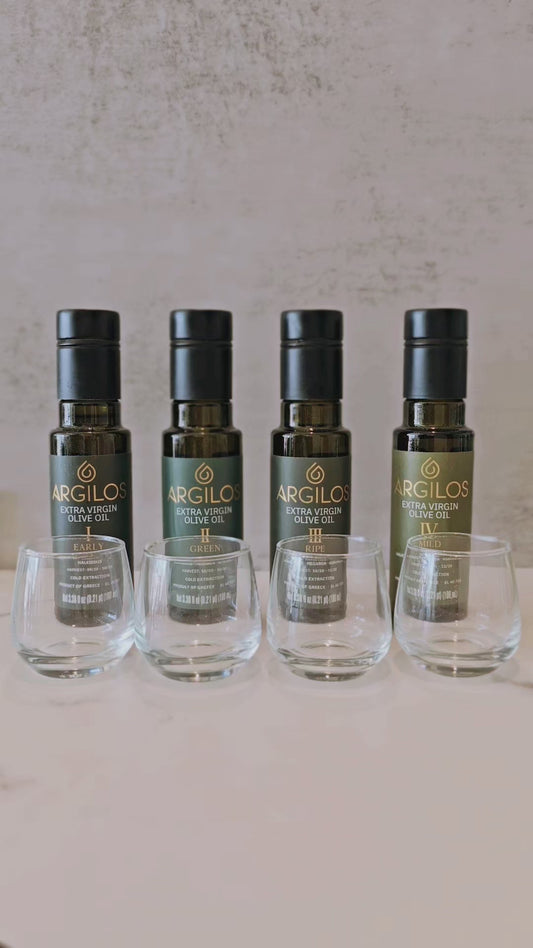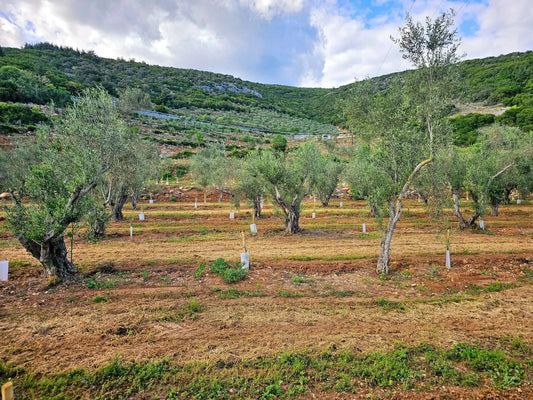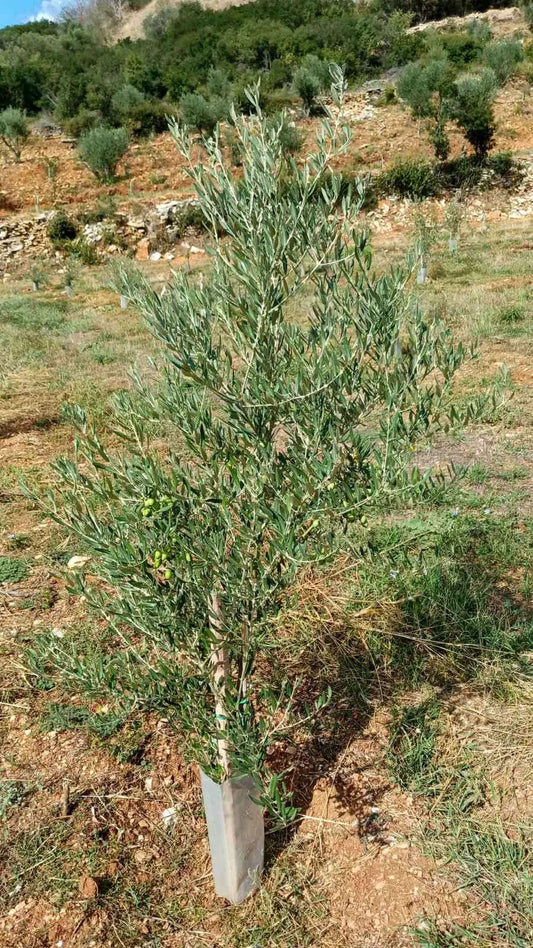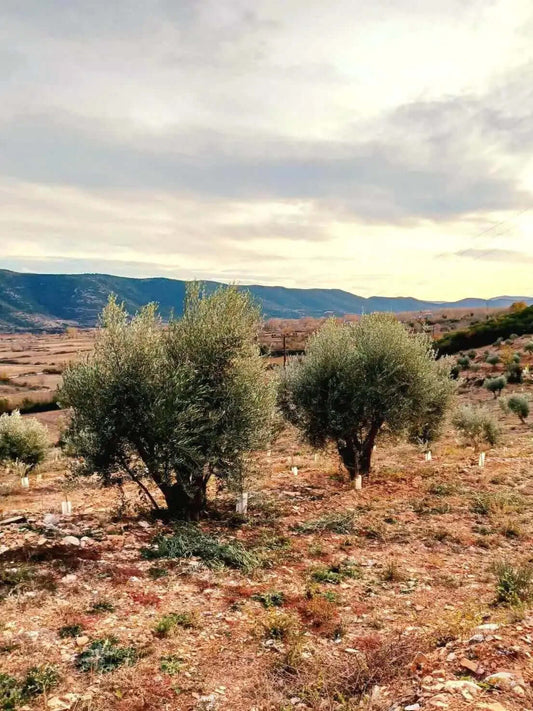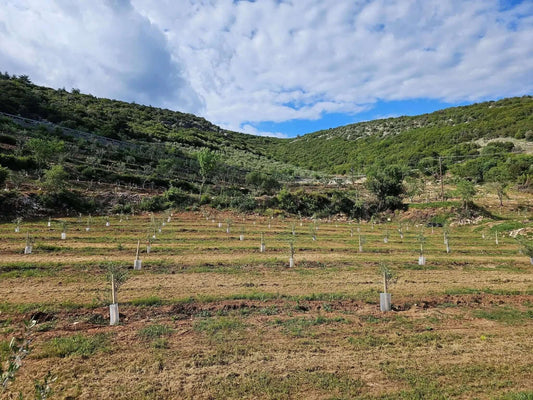Ancestral Eating: Incorporating Greek EVOO into Your Paleo Lifestyle
Share
Understanding the Paleo Diet Foundation
The paleo diet represents a nutritional paradigm that mirrors our ancestral eating patterns, emphasizing whole, unprocessed foods that sustained human populations for millennia. This paleolithic approach eliminates modern agricultural products, focusing instead on nutrient-dense options that align with our genetic blueprint.
Contemporary adherents of this ancestral methodology consume primarily grass-fed meats, wild-caught fish, organic vegetables, fruits, nuts, and seeds. The elimination of grains, legumes, dairy, and processed foods distinguishes this approach from conventional dietary frameworks. Archaeological evidence suggests our hunter-gatherer predecessors maintained robust health profiles through such alimentary practices.
The physiological rationale centers on evolutionary adaptation. Human digestive systems evolved over approximately 2.5 million years, predominantly processing foods available through foraging and hunting activities. Modern agricultural innovations, spanning merely 10,000 years, represent a fraction of our evolutionary timeline, potentially creating metabolic discord.
Mediterranean Ancestral Wisdom
Greek culinary traditions exemplify ancestral eating principles through their emphasis on indigenous ingredients and time-honored preparation methods. The Mediterranean basin provided abundant resources that shaped distinctive nutritional patterns, with olive cultivation representing a cornerstone of this alimentary heritage.
Ancient Greek populations thrived on diets rich in wild greens, seasonal fruits, nuts, and the liquid gold that flowed from their olive groves. Archaeological findings from sites across the Aegean reveal extensive olive oil production dating back over 4,000 years, demonstrating the integral role of this sacred oil in sustaining robust communities.
The Mount Pangaion Legacy
The mountainous region of Kavala has nurtured olive cultivation for centuries, developing unique varietals adapted to its specific terroir. Mount Pangaion's elevation and climate create optimal conditions for producing exceptionally high-quality extra virgin olive oil with distinctive flavor profiles and elevated polyphenol concentrations.
Traditional Greek EVOO production methods align perfectly with paleo principles, utilizing mechanical extraction without chemical processing or refinement. This cold-pressing technique preserves the oil's nutritional integrity while maintaining the complex flavor compounds that characterize authentic Mediterranean oils.
Extra Virgin Olive Oil in Paleo Nutrition
Extra virgin olive oil serves as an exemplary fat source within paleo dietary frameworks, providing monounsaturated fatty acids that support cardiovascular health and inflammation modulation. Its composition mirrors the fat profiles our ancestors consumed, making it a superior choice for modern paleolithic practitioners.
The polyphenolic compounds present in high-quality EVOO demonstrate potent antioxidant properties. These bioactive molecules combat oxidative stress while supporting cellular regeneration processes. Research indicates that phenolic concentrations vary significantly based on harvest timing, processing methods, and storage conditions.
"The olive tree is surely the richest gift of heaven, I can scarcely expect bread." - Thomas Jefferson
Harvest Timing and Nutritional Density
Early-harvest olive oils contain dramatically higher polyphenol levels compared to late-harvest varieties, though both offer unique benefits for paleo enthusiasts. The intensity of flavor correlates directly with antioxidant capacity, allowing consumers to select oils that match their taste preferences and nutritional objectives.
Optimal Consumption Strategies
Incorporating Greek EVOO into paleo meal plans requires understanding its thermal properties and flavor characteristics. While suitable for low-to-medium temperature cooking, the most nutritional benefits emerge through raw applications such as salad dressings, finishing oils, or direct consumption.
- Morning consumption of one tablespoon supports metabolic function
- Drizzling over roasted vegetables enhances nutrient absorption
- Creating herb-infused oils amplifies therapeutic properties
- Using as a base for paleo-friendly mayonnaise alternatives
Practical Implementation Guidelines
Transitioning to a paleo lifestyle enhanced with authentic Greek EVOO requires strategic planning and gradual implementation. Begin by replacing conventional cooking oils with high-quality extra virgin varieties, paying attention to smoke points and flavor compatibility.
Quality assessment becomes paramount when selecting olive oils for ancestral eating. Authentic Greek EVOOs should display harvest dates, producer information, and ideally, traceability through QR coding systems that verify origin and production methods.
Storage and Preservation Techniques
Maintaining olive oil's nutritional integrity requires proper storage in dark, cool environments away from light exposure and temperature fluctuations. Glass containers provide superior protection compared to plastic alternatives, while smaller bottle sizes ensure freshness through regular consumption cycles.
| Storage Factor | Optimal Condition | Impact on Quality |
|---|---|---|
| Temperature | 60-70°F | Prevents rancidity |
| Light Exposure | Dark storage | Preserves polyphenols |
| Air Contact | Minimal exposure | Reduces oxidation |
Complementary Paleo Ingredients
Greek culinary traditions offer numerous paleo-compatible ingredients that synergize beautifully with extra virgin olive oil. Wild herbs like oregano, thyme, and rosemary provide additional antioxidant compounds while enhancing flavor complexity.
Olives themselves represent perfect paleo snacks, offering healthy fats and distinctive Mediterranean flavors. Kalamata varieties, indigenous to Greece, provide superior taste profiles and nutritional density compared to mass-produced alternatives.
Seasonal Adaptation Strategies
Embracing seasonal eating patterns reflects authentic ancestral practices while maximizing nutritional variety. Spring wild greens, summer vegetables, autumn nuts, and winter preserved foods create natural dietary rhythms that support optimal health outcomes.
Long-term Health Considerations
Sustainable paleo practice requires attention to individual responses and gradual adaptation periods. Some practitioners experience initial digestive adjustments as their systems recalibrate to increased fat intake and reduced carbohydrate consumption.
The anti-inflammatory properties of high-quality Greek EVOO support this transition while providing sustained energy through stable blood glucose levels. Regular consumption may contribute to improved cognitive function, enhanced skin health, and optimized hormone production.
Sourcing authentic, traceable olive oils ensures maximum therapeutic benefit while supporting traditional production methods that preserve both environmental sustainability and cultural heritage. This approach aligns perfectly with the values of conscious consumers seeking products that reflect their commitment to ethical consumption and personal wellness.

